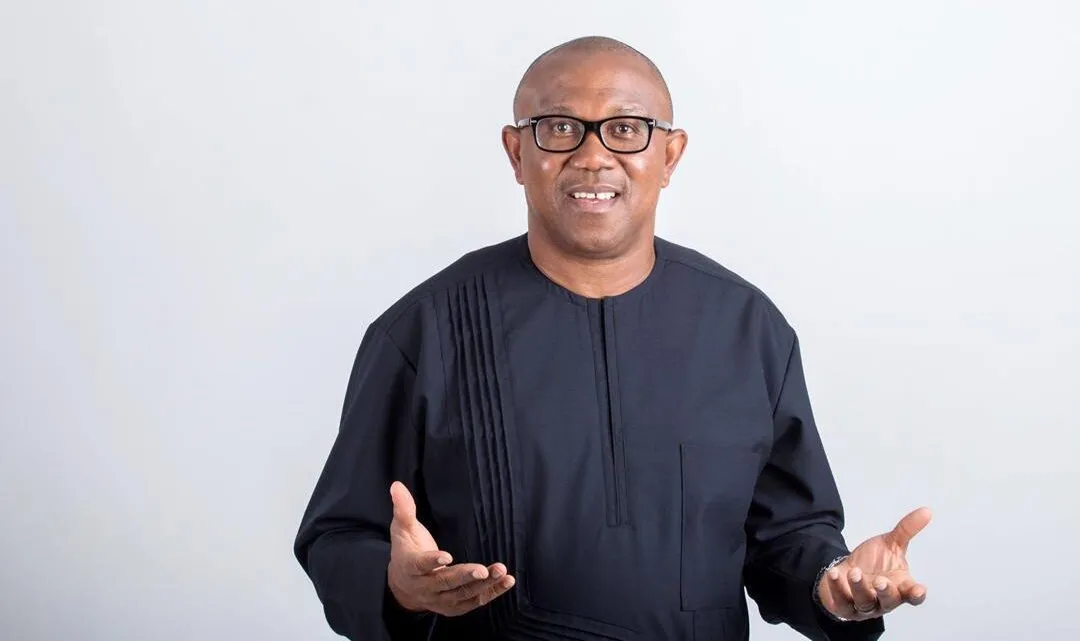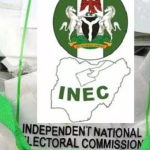
The Independent National Electoral Commission (INEC) concluded its defence in the petition filed by Peter Obi and the Labour Party (LP) before the Presidential Election Petition Court (PEPC) today. INEC’s lawyer, Abubakar Mahmoud, SAN, made the announcement, signaling the closure of the first respondent’s case after the testimony of its sole witness, Dr. Lawrence Bayode, a Deputy Director in the Information and Communication Technology (ICT) Department of INEC.
Prior to calling their witness, INEC submitted several documents as evidence, which were subsequently admitted and marked as exhibits by the court.
During his testimony, Dr. Bayode revealed that he had worked for INEC for an extensive period of 24 years. Under cross-examination by Patrick Ikwueto, SAN, counsel for the petitioners, the witness stated that the testing of the software application for the election took place on February 4. Although he acknowledged the existence of a testing report, Dr. Bayode admitted that he did not possess it in court.
The petitioners, however, presented the E-transmission saver Web and compliance form through the witness, which were admitted and marked as evidence. Dr. Bayode informed the court that the pre-production test had been conducted prior to the election. When asked whether the physical copy of the results would differ from those in the IreV (INEC Result Viewing Portal), he responded negatively. However, he conceded that discrepancies could occur during the transmission of results from Form EC8A to the IreV.
Dr. Bayode admitted that performance, functionality, and vulnerability tests were carried out before the election. However, when asked about INEC’s web address where materials are published, he stated that he was unaware of it.
During the cross-examination by Wole Olanipekun, SAN, counsel for the second and third respondents, Bola Tinubu and Kashim Shettima, Dr. Bayode affirmed that the foundation and authenticity of any election conducted by INEC were based on Forms EC8A and EC8E.
Regarding the issue of blurred documents downloaded from INEC’s IreV, the witness claimed that they would not affect the physical results in Form EC8A since the image was irrelevant. Dr. Bayode further explained that the election process concluded with the recording, photographing, and sending of results to INEC’s IreV.
In response to questions from Lateef Fagbemi, SAN, counsel for the All Progressives Congress (APC), the witness stated that the physical results were used to compute the final election results. He assured the court that the glitches encountered on election day did not affect the collation of the results. Dr. Bayode added that if the downloaded results from the IreV were unclear, the physical results could still be obtained.
When questioned about the election monitoring, the witness disclosed that the Economic Community of West African States (ECOWAS) had overseen the election, but he did not possess their report.
Dr. Bayode emphasized that the cloud trial log account of INEC could be obtained from Amazon Web Services (AWS), revealing the patches deployed on the E-transmission applications on AWS to rectify the encountered glitches on election day.
Following the conclusion of the sole witness’s testimony, Abubakar Mahmoud informed the court that INEC’s defence in the petition lodged by Obi and the Labour Party had been officially closed. Olanipekun subsequently revealed that Tinubu and Shettima, listed as the second and third respondents in the petition, would present their defence starting tomorrow.





Comments are closed.